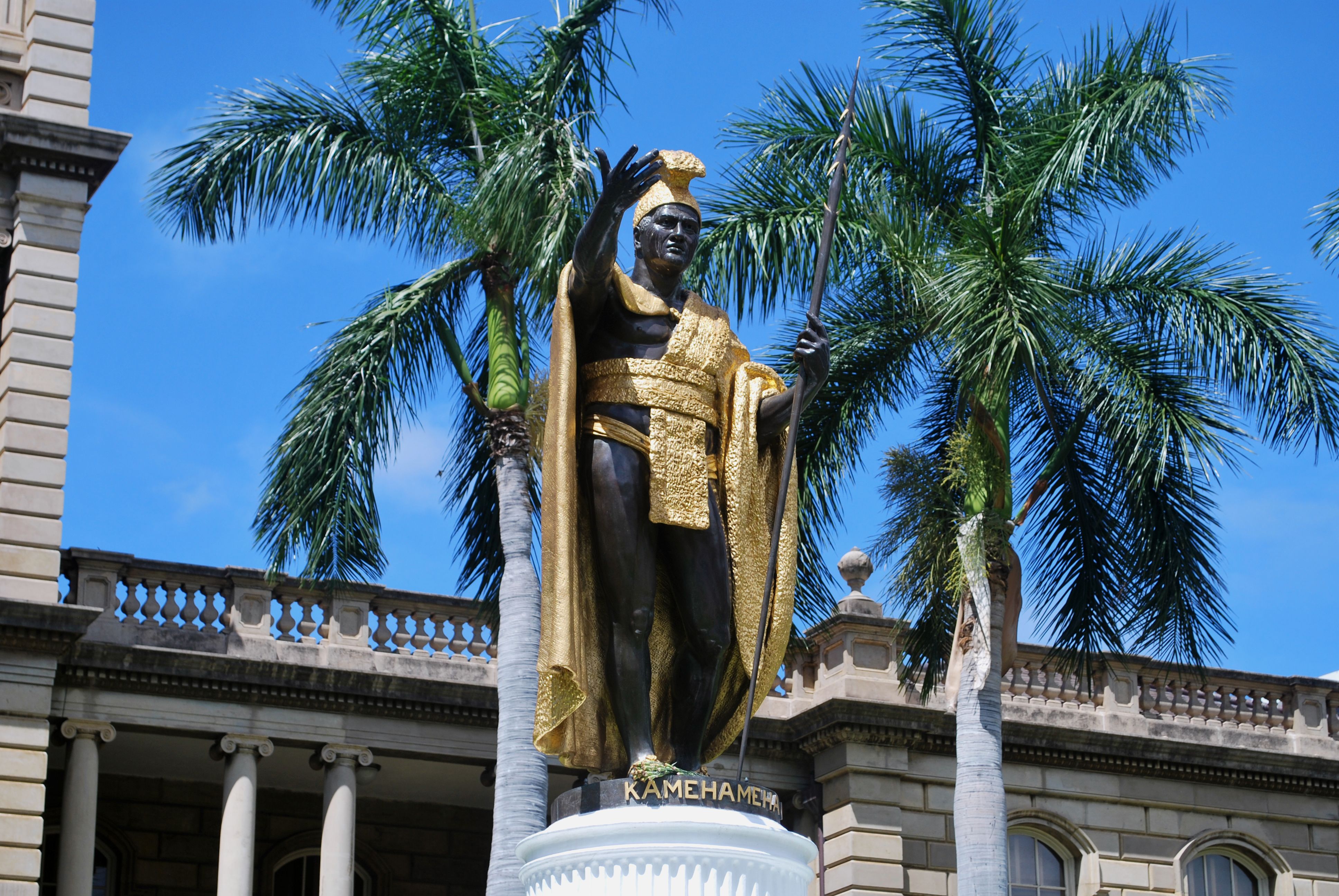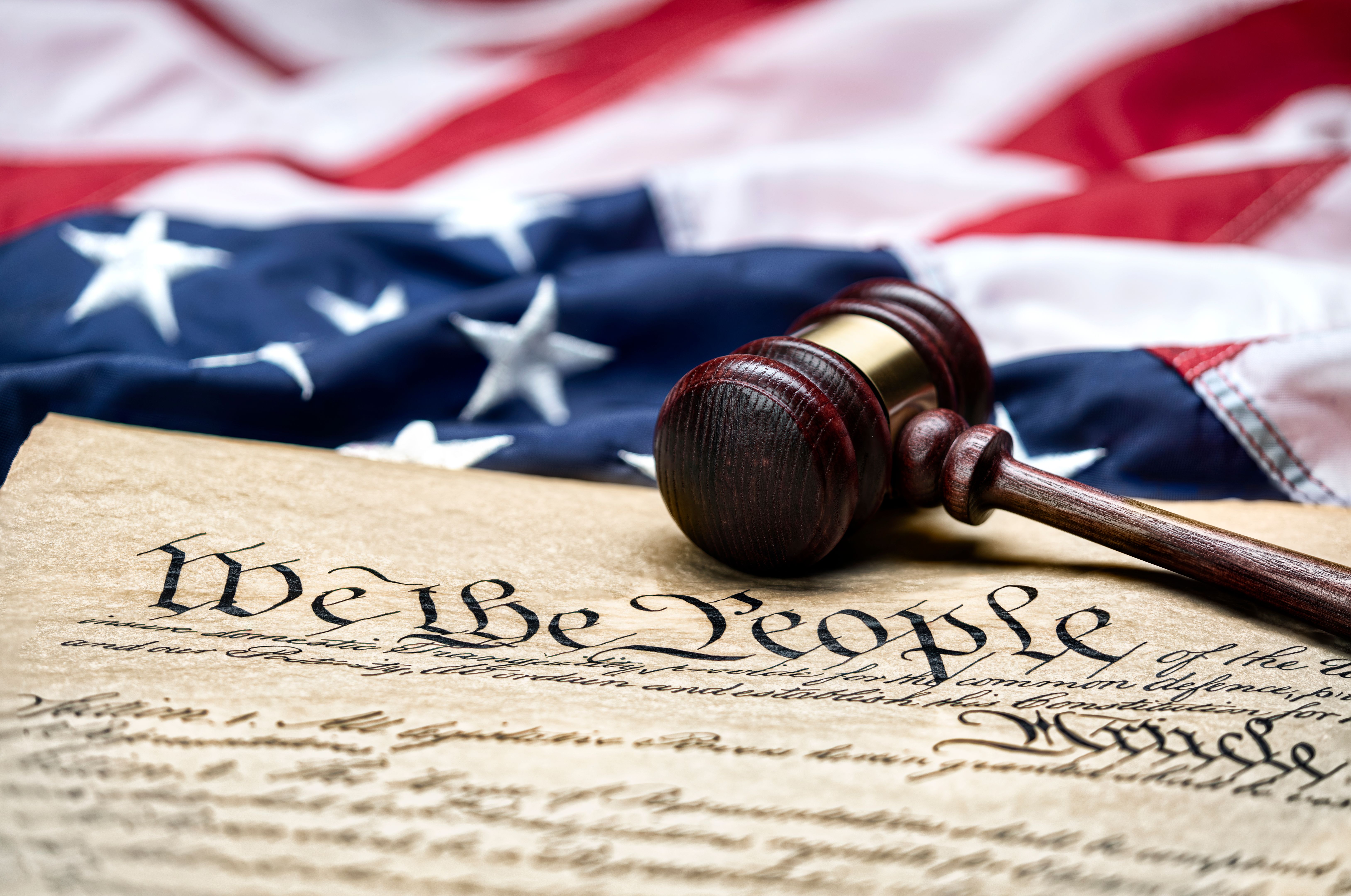Understanding Hawaiian Kingdom Citizenship
Understanding Hawaiian Kingdom citizenship involves diving into a complex and historically rich topic that continues to intrigue scholars and individuals alike. The Hawaiian Kingdom, prior to its overthrow in 1893, had its own distinct system of governance and citizenship. This system recognized individuals as subjects or citizens of the Kingdom, with specific rights and duties.

The Origins of Hawaiian Citizenship
In the early 19th century, under the rule of King Kamehameha III, the Hawaiian Kingdom established its first constitution in 1840. This pivotal document laid the groundwork for citizenship. Hawaiian subjects were classified into two main categories: native-born Hawaiians and naturalized foreigners. Native-born Hawaiians were those born within the Kingdom's territories, while foreigners could obtain citizenship through a formal naturalization process.
The constitution outlined clear rights for its citizens, including property ownership, voting rights, and protection under the law. This legal framework mirrored Western practices while maintaining traditional Hawaiian values, thereby creating a unique blend of governance.

Naturalization Process
The naturalization process in the Hawaiian Kingdom was comprehensive. Foreigners seeking citizenship had to file a petition with the Minister of the Interior. This petition required individuals to renounce allegiance to their previous nation and pledge loyalty to the Hawaiian monarch. Moreover, applicants needed to demonstrate good moral character and a commitment to abiding by the laws of the Kingdom.
Once approved, naturalized citizens enjoyed similar rights to native-born Hawaiians, including the ability to own land and participate in political life. This inclusivity was significant in an era when many nations were grappling with issues of identity and citizenship.

Women's Role in Citizenship
Women in the Hawaiian Kingdom played an important role in society and were recognized as full citizens under the Kingdom's laws. They had rights to own property and participate in cultural and economic activities. The legal recognition of women's rights was advanced for its time and showcased the Kingdom's progressive stance on gender equality.
Despite this recognition, political participation for women was limited compared to men. However, the influence of women in societal decision-making and cultural preservation was undeniable.

The Overthrow and Its Impact on Citizenship
The overthrow of the Hawaiian Kingdom in 1893 by American interests drastically altered the concept of citizenship for Hawaiians. The annexation of Hawaii by the United States in 1898 led to the dissolution of the Kingdom's legal framework. Native Hawaiians found themselves under a new regime, where U.S. laws and definitions of citizenship took precedence.
This transition created a period of uncertainty and adjustment for many Hawaiians who had previously identified as subjects of a sovereign nation. The cultural and legal implications of this shift continue to resonate today.

Modern Implications
Today, understanding Hawaiian Kingdom citizenship is not only an academic pursuit but also a matter of cultural identity for many Native Hawaiians. Efforts to educate and revive aspects of this historical citizenship are part of a broader movement to recognize and preserve Hawaiian heritage and sovereignty.
Organizations and individuals dedicated to this cause work tirelessly to raise awareness about the historical nuances of Hawaiian citizenship and its relevance in contemporary discussions about indigenous rights.

Conclusion
The legacy of Hawaiian Kingdom citizenship serves as a testament to a unique period in history where traditional Hawaiian values intertwined with Western legal practices. As conversations about sovereignty and identity continue, understanding this history provides valuable context for current and future generations.
By exploring this rich history, we gain insight into the resilience and enduring spirit of the Hawaiian people, who strive to honor their past while shaping their future.